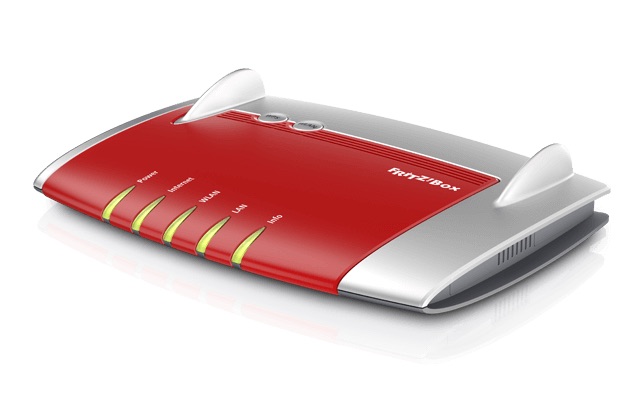Automattic’s “nuclear war” over WordPress access sparks potential class action
WordPress software, Keller’s complaint explained, “has long been promised to be free and available to everyone forever.” This promise propelled WordPress’ popularity to, by its own estimates, “encompass more than 40 percent of all websites in the world,” his complaint said.
In the 10 years Keller used WPE, he never had any issues accessing the WordPress ecosystem, and he thought WordPress had guaranteed that it would stay that way—especially since WPE’s use of the trademark appeared to be “expressly permitted on the WordPress foundation website.”
But in the past few years, WPE’s business has substantially grown, Keller explained, attracting big customers like Yelp, Thomson Reuters, and Dropbox, which otherwise may have paid WordPress for similar services.
This seemingly frustrated Mullenweg, who accused WPE of abusing the WordPress trademark to charge customers for access to WordPress’ free tools. The founder took the extraordinary step of blocking WPE’s access to software updates and patches, security updates, and plugins last September. And although Automattic eventually allowed WPE three days to mirror certain data to fulfill its contracts with clients, access was permanently blocked after that, forcing WPE customers to waste time and resources finding workarounds or ways to migrate sites to new web platforms after WPE’s mirroring proved faulty.
“Even if Defendants’ trademark case had merit (it likely does not), it does not excuse Defendants’ deliberate and vindictive targeting of Plaintiff and Class’s contracts with WPE,” Keller’s complaint said, calling Automattic’s reneging on its promise to always provide free access “an appalling deception.”
Automattic could harm the entire Internet
Further, Keller alleged that Automattic took steps to “poach” WPE customers.
That effort included sending emails to WPE customers “claiming they could restore access to the website if the WPE customer left WPE” and posting a list calling out all of WPE’s customers. Automattic also allegedly threatened WPE customers, required all WordPress users to tick a checkbox confirming they were unaffiliated with WPE to access resources, and “stole WPE’s most popular plugin and renamed the author to give themselves credit for the product.”
Automattic’s “nuclear war” over WordPress access sparks potential class action Read More »

